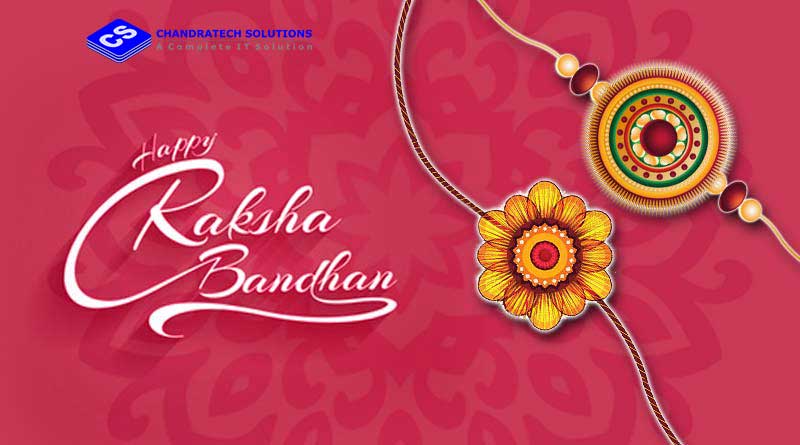Raksha Bandhan, likewise Rakshabandhan, is a famous, customarily Hindu, yearly ritual, or service, which is fundamental to a celebration of a similar name, celebrated in India, Nepal and different pieces of the Indian subcontinent, and among individuals around the globe impacted by Hindu culture. On this day, sisters of any age tie a charm, or special necklace, called the rakhi, around the wrists of their siblings, emblematically ensuring them, accepting a blessing consequently, and customarily contributing the siblings with a portion of the obligation of their likely consideration.
Raksha Bandhan is seen on the most recent day of the Hindu lunar schedule month of Shraavana, which ordinarily falls in August. The articulation "Raksha Bandhan", Sanskrit, actually, "the obligation of insurance, commitment, or care," is presently chiefly applied to this custom. Until the mid-twentieth century, the articulation was all the more regularly applied to a comparative custom, likewise hung around the same time, with priority in antiquated Hindu writings, in which a household cleric ties special necklaces, charms, or strings on the wrists of his supporters, or changes their sacrosanct string, and gets endowments of cash; in certain spots, this is as yet the case. Interestingly, the sister-sibling celebration, with causes in society culture, had names which changed with area, with some delivered as Saluno, Silono, and Rakri. A custom related with Saluno incorporated the sisters putting shoots of grain behind the ears of their siblings.
Of exceptional criticalness to wedded ladies, Raksha Bandhan is established in the act of regional or town exogamy, in which a lady weds out of her natal town or town, and her folks, by custom, don't visit her in her wedded home. In provincial north India, where town exogamy is firmly pervasive, huge quantities of wedded Hindu ladies venture out back to their folks' homes each year for the function. Their siblings, who normally live with the guardians or close by, once in a while travel to their sisters' hitched home to accompany them back. Numerous more youthful wedded ladies show up half a month sooner at their natal homes and remain until the service. The siblings fill in as deep rooted mediators between their sisters' hitched and parental homes, just as likely stewards of their security.
In urban India, where families are progressively atomic, the celebration has gotten increasingly emblematic, however keeps on being exceptionally mainstream. The customs related with this celebration have spread past their customary locales and have been changed through innovation and relocation, the films, social connection, and advancement by politicized Hinduism, just as by the country state.
Among ladies and men who are not blood family members, there is likewise a changed custom of deliberate kinfolk relations, accomplished through the tying of rakhi special necklaces, which have played hooky lines, and Hindu and Muslim divisions. In certain networks or settings, different figures, for example, a matron, or an individual in power, can be remembered for the function in custom affirmation of their gift.

